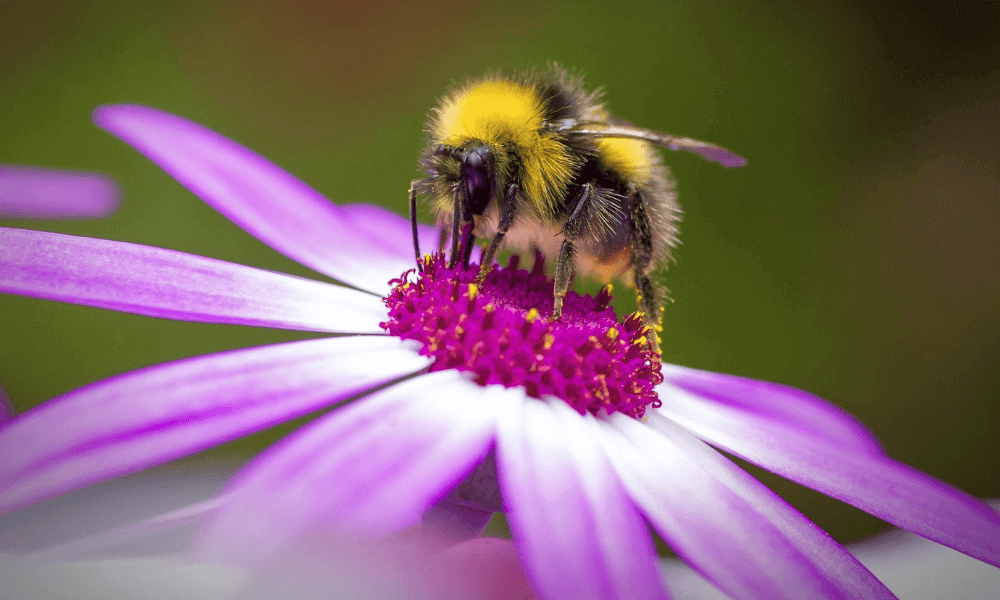Bee Day, celebrated every year on May 20, is a global reminder of how vital bees are to our environment, food supply, and future. While honeybees often get the spotlight, wild bees play an equally essential, often overlooked, role in pollination and biodiversity.
What Is Bee Day? 🐝
Bee Day was officially declared by the United Nations to raise awareness about the declining bee populations and encourage actions to protect them. This day encourages individuals, communities, and governments to understand the critical role of bees in nature.

What Do Bees Eat?
Bees rely on two natural resources for nourishment:
Nectar: A sweet liquid from flowers that provides energy through sugars.
Pollen: A protein-rich food used primarily to feed baby bees (larvae).
These food sources are also what drive pollination, as bees move from flower to flower in search of nectar and pollen.
Who Are Wild Bees?
Wild bees live freely in nature and are not domesticated like honeybees.
You can find them in forests, grasslands, gardens, and even in busy cities. Unlike honeybees, most wild bees live alone. They don’t form hives or large colonies.
Here are some common types of wild bees:
Bumblebees buzz loudly and carry pollen over long distances.
Mason bees build nests in holes using mud.
Leafcutter bees cut leaves to create their nests.
Carpenter bees dig into wood to lay eggs.
Sweat bees are small and often attracted to human sweat.
These wild bees work hard. They are often more efficient at pollinating specific plants than honeybees. Because of their unique behavior and body types, they play a key role in supporting biodiversity.
Why Are Bees in Danger?
Bees, especially wild bees, are facing several environmental threats:
Pesticide and herbicide use
Loss of habitat due to urbanization and agriculture
Climate change and pollution
Monoculture farming (lack of diverse food sources)
Diseases and parasites
Without immediate action, many bee species could become extinct, putting global food security and ecosystems at risk.
How You Can Help on Bee Day
First, plant bee-friendly flowers and herbs. Lavender, basil, and sunflowers are great choices.
Next, try to avoid chemical pesticides. Go organic whenever you can.
Also, create spaces where bees can live. Bee hotels or patches of bare soil help wild bees nest.
In addition, support local beekeepers and farmers who follow eco-friendly methods.
Finally, raise awareness. Share facts on social media or take part in educational events.
Even one small step can help bees survive and thrive. So let’s start today—because bees need us, and we need them. 🐝🌼
Are you interested in pet food?
Conclusion
Bee Day is more than just a date on the calendar—it is a powerful reminder for all of us. Bees quietly support our food supply and add beauty to the natural world. Therefore, protecting bees means protecting ourselves and our future. When we learn about what bees eat, how wild bees live, and the threats they face, we become more aware of their importance. As a result, we can take responsible actions to help them survive. So, instead of just remembering Bee Day, let’s take meaningful steps to protect the bees starting today. Together, we can create a better future for both bees and humanity. 🐝💛

Leave feedback about this